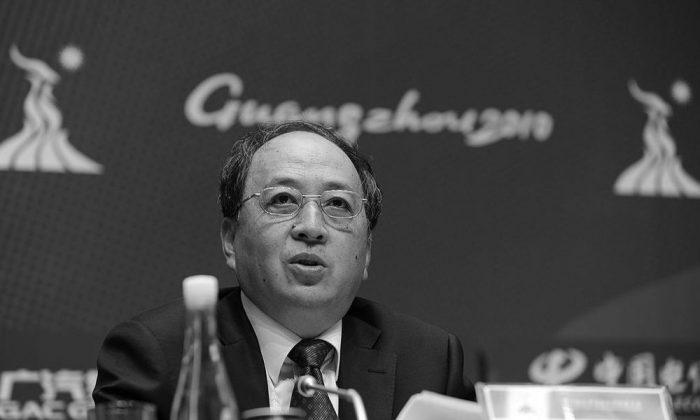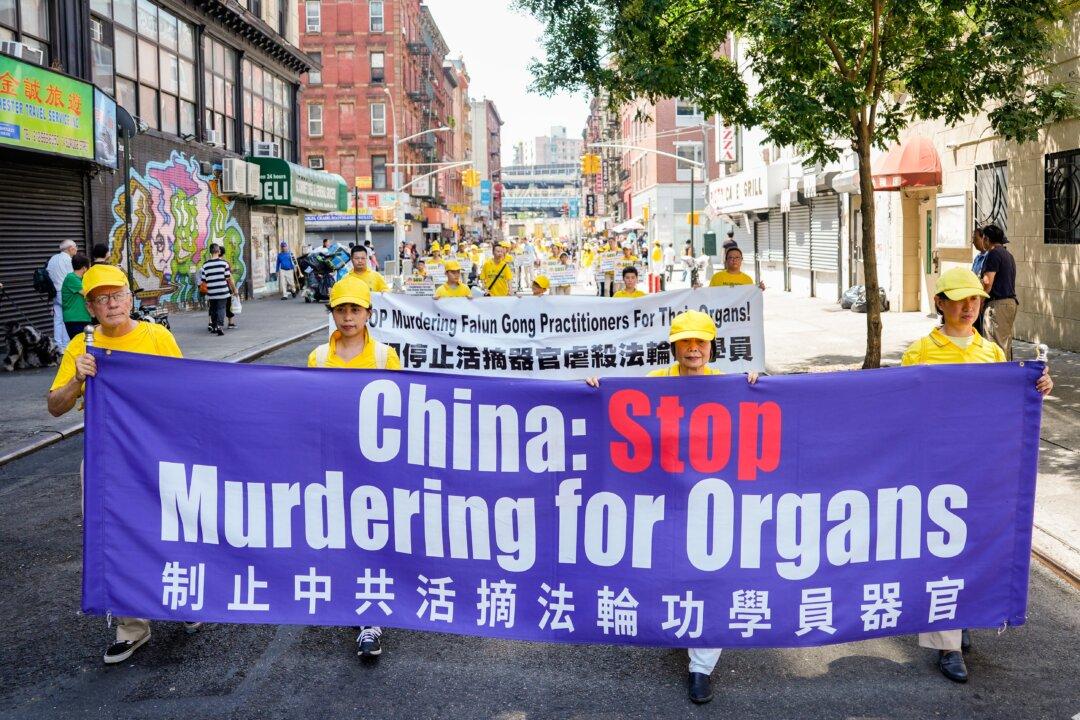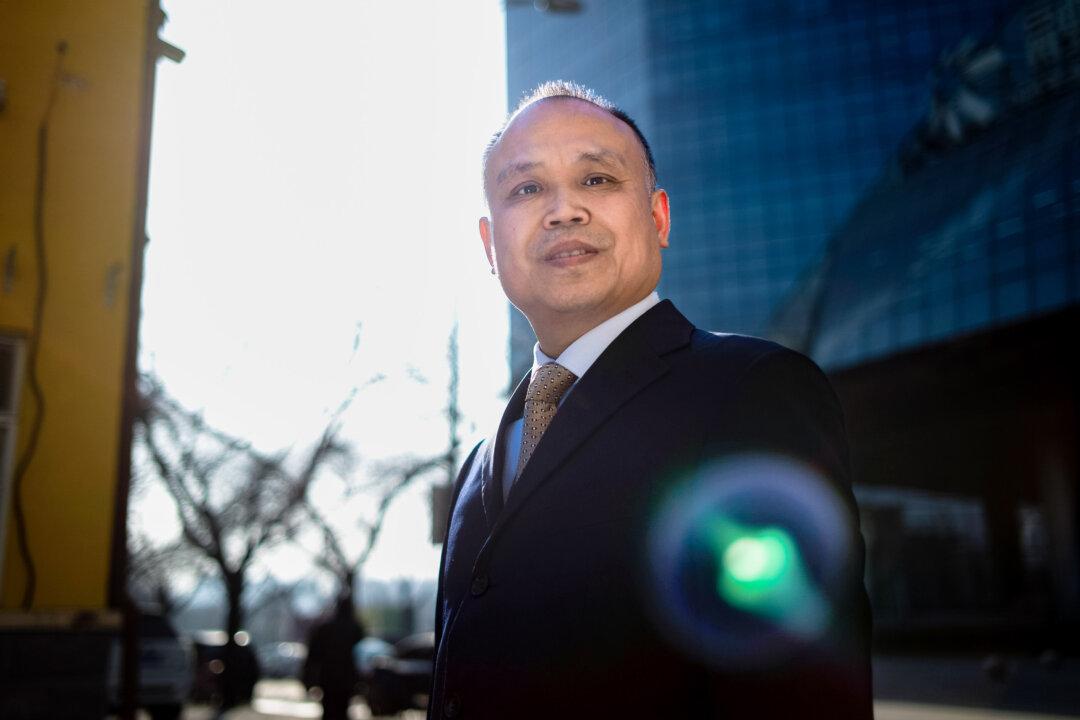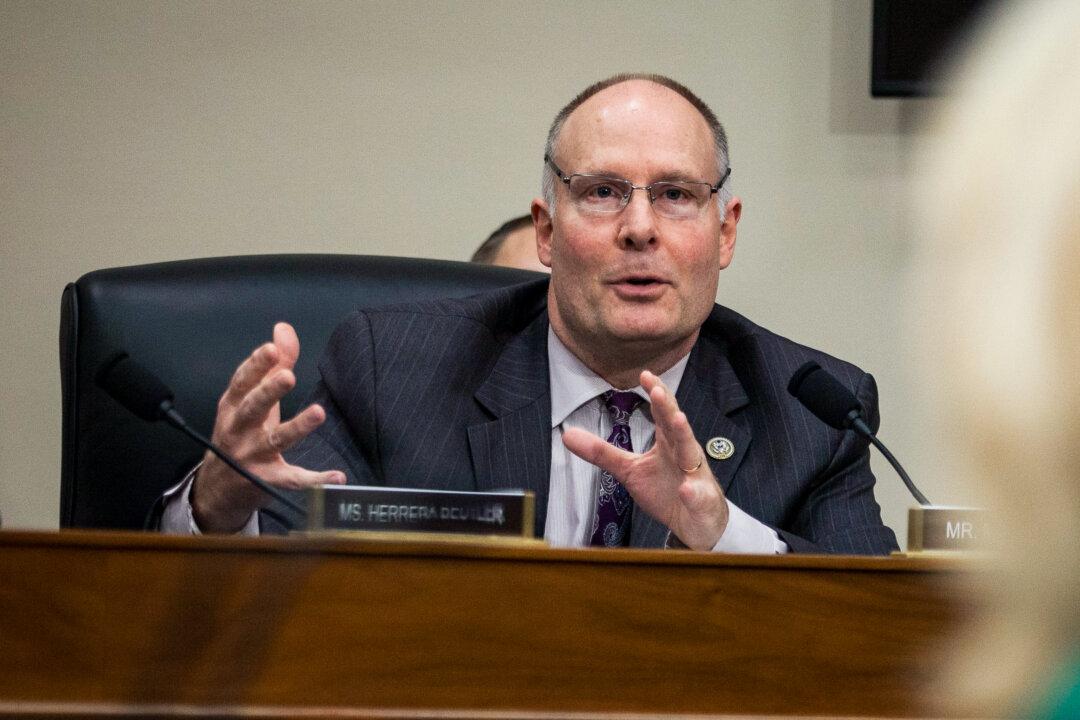China had its worst Olympic run in 20 years at this year’s Games in Rio de Janeiro, a performance that China’s netizens believe may have less to do with athletic ability and more to do with the scruples of those running the nation’s sporting authorities.
On Sept.1, the state-run Xinhua News Agency reported that Xiao Tian, formerly the deputy chief of China’s General Administration of Sports, admitted to accepting bribes worth nearly 8 million yuan or about $1.2 million. For this money, he had helped others host competitions, obtain promotions, and smooth out contracts.
Less than a month earlier, China came out of the Rio Games with third place in the number of gold medals scored, something of a disappointment considering the copious amounts of money and manpower the state poured into the endeavor. At 26 gold medals, China came in behind the United Kingdom, which scored one higher, and finished at nearly one-half of the medal total of the United States with its 46 golds.
While the state media was silent on the specifics of Xiao Tian’s misdeeds, the news site Sina reported that he was given to nepotism. Netizens, enraged that China’s performance at Rio may have been stabbed in the back, wondered if Xiao had embezzled more than the authorities were willing to let on.
Xiao’s second wife, Tian Hua, was reported to be the in charge of horseback competitions, despite her having no experience or expertise in the field. Both received bribes disguised as travel expenses for attending opening ceremonies at competitions, Sina said.
Xiao’s son, Sonny, happened to enjoy many businesses opportunities, both in China and in the United States, according to Sina. In October 2010, ESPN reported that the younger Xiao became a minority owner of the Texas Legends, a team in the NBA Development League. He also worked for Ticketmaster’s Chinese company when it obtained exclusive rights to sell tickets for Beijing Olympics in 2008.
“I finally understand the reason behind [China’s] poor performance in the Olympics this year,” a netizen from Beijing wrote on Sina Weibo, a popular social media site.
A user commenting from southeastern China’s Jiangxi Province went further: “I expected that more corrupt sports officials would be arrested after Rio. Just look at the results.”
Others, meanwhile, expressed disbelief at the relatively modest bribes Xiao was charged with receiving.
“How many more zeros should be behind that number?” a post from Beijing said. Other netizens suggested a few sports officials be called in for further investigation.
Xiao was tried in the Nanyang People’s Court, Xinhua reported. He and his wife were detained for investigation, removed from their posts, and expelled from the Communist Party last year; there has yet to be an announcement about the verdict.
The trial of Xiao is only the latest sports scandal in China.
Zhao Lei, formerly deputy director at the taekwondo center at China’s General Administration of Sports, was sentenced to three years in prison in November last year after he was found guilty of accepting over 300,000 yuan (about $45,000) in bribes, reported state-run China Youth Daily.
Some of the money had come from the sports bureau in central China’s Henan Province in 2009, which had used to money to pay off Zhao so that its athletes could be favored to win gold medals at the national taekwondo competition that year.
In 2013, Xinhua reported a hard crackdown on China’s professional soccer league: 58 players, officials, referees and 12 soccer clubs were fined or punished for bribery and match-fixing.
In 2012, the state-run China Central Television reported that Wu Shaohui, captain of the national soccer team, had accepted bribes totaling 1.2 million yuan (about $184,000). Players had plied him with luxury goods, such as an Omega watch and a LV suitcase; one directly gave him about 100,000 yuan (about $15,000) to improve his chances of making it to the national team.






Friends Read Free